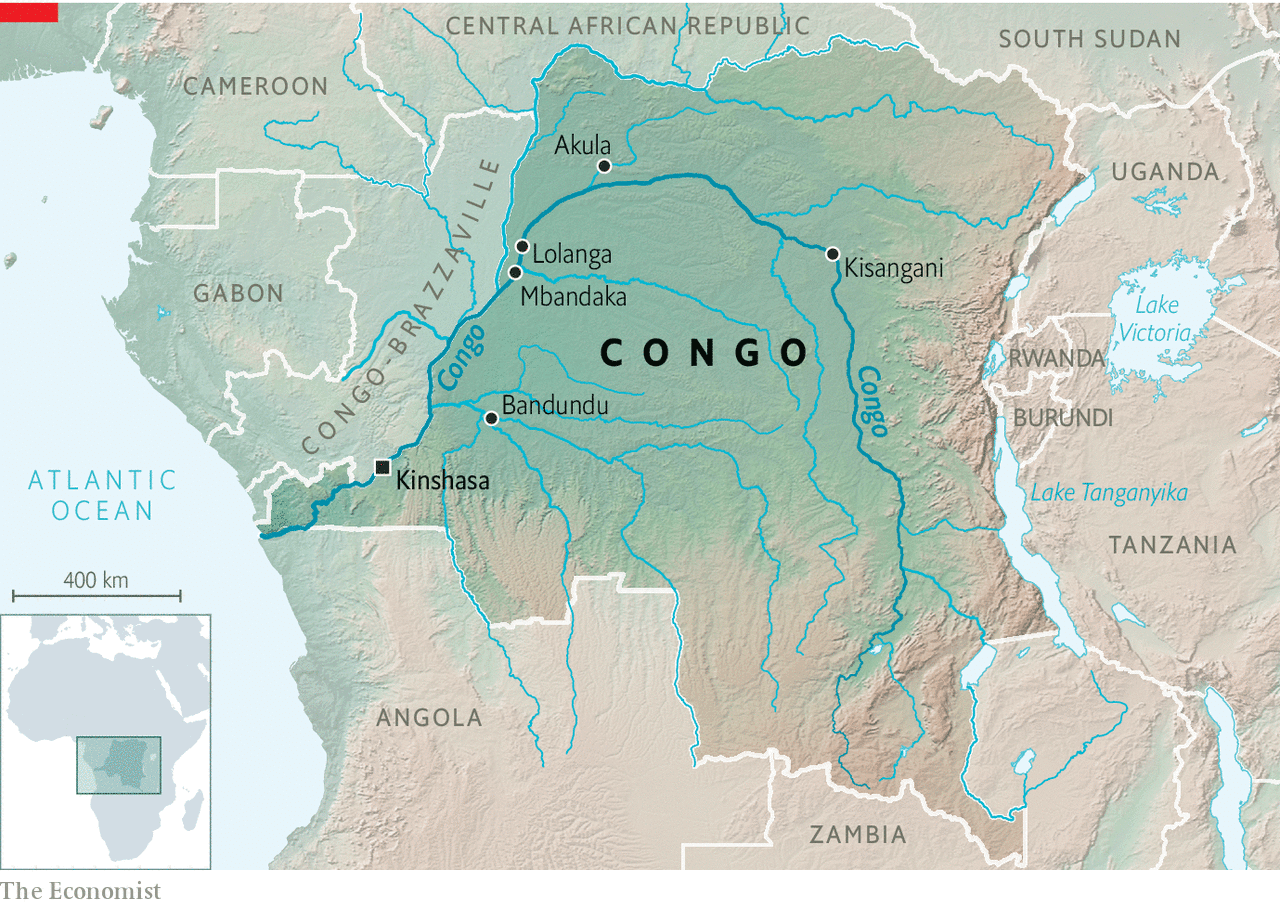There is growing historical evidence that indicates that the earliest human migrations to the Americas were conducted by people from Africa, Asia, Europe, and Oceania, prior to Christopher Columbus’ first trip to the Caribbean in 1492.
It is said that the Norse people of Scandinavia conducted maritime explorations that led to the Norse colonization of Greenland and L’Anse aux Meadows in Newfoundland 500 years before. Recently, new evidence has surfaced that suggests that there was also one African ruler who dared to venture across the Atlantic Ocean and may have possibly landed in the Americas.
During the 14th century, the kingdom of Mali was led by Mansa Abu Bakr II. As the 9th ruler of Mali, Mansa Abu Bakr presided over one the largest and affluent empires ever constructed which stretched across the Sahara Desert and West Africa.
There is little that is known about the details of the king’s life apart from a curious account written by the Arab historian, Al-Umari which was based on a conversation between the governor of Cairo, Abu al-Hasa Ali Ibn Amir Hajib and Abu Bakr’s successor, Mansa Musa, who is well known as one of the richest men in human history.
As claimed by Al-Umari’s account, Mansa Aba Bakr did not believe that it was impossible to discover the furthest limit of the Atlantic Ocean. The king then ordered an expedition of discovery. He prepared 200 ships filled with capable men, gold, and provisions such as food and drinking water which would last the seamen years and instructed them not to return until they reached the end of the Atlantic Ocean, or their provisions ran out.
Several years passed before any of the boats from the expedition returned. Then, one ship returned and the captain of the ship explained to the king that the ocean was vast and unforgivable and many of the other ships were taken by the harsh currents, but the king did not believe him.
In 1311, after hearing the news, Mansa Abu Bakr arranged 1000 ships and filled them with the finest men, sorcerers, doctors, sailors, and navigators. He then arranged another 1000 ships for supplies and provisions. The king abdicated his throne to Mansa Musa and set sail, never to return.
There is a serious ongoing debate between African and Western historians on whether Mansa Abu Bakr made it to the other side of the ocean and made contact with the indigenous people of the Americas.
Western historians and archaeologists have said that there is not enough concrete evidence to support the claim that Africans successfully travelled the seas and interacted with ancient American civilisations prior to Columbus. They cite a lack of genuine African artifacts found in controlled archaeological excavations. They also point out that Al-Umari’s account is the only account ever found and that the story is not mentioned by other ancient African and Arab of West African oral traditions.
But African scholars and historians such as Gaoussou Diawara and Ivan Van Sertima argue that there is enough evidence to explore the possibility of African-American contact. They claim that Abu Bakr’s fleet left the coast of present-day Gambia and landed on the coast of Brazil using the Canary Current. They also cite an abstract of Columbus’ log made by Bartolome which states that indigenous Americans saw black people sail to their shores with spears made of a gold extract called guanin. They attribute the lack of oral history and praise songs about Abu Bakr to the notion that traditional historians found his abdication a shameful act, not worthy of praise.
Abu Bakr’s voyage is a hotly contested discourse of history that is worth exploring. The Eurocentric nature of the field of history leads to the devaluation of African historical voices. It is imperative to continuously seek out and research our own history as Africans in order to rectify false narratives about our history and potential.







